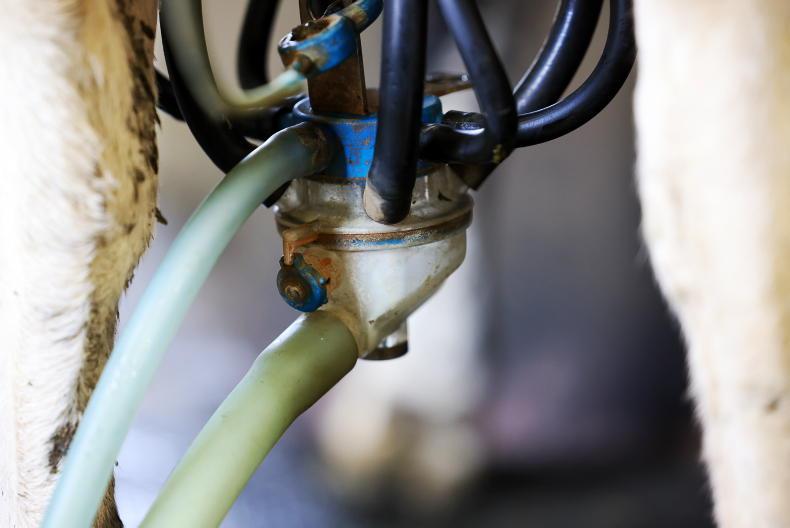So Bank of Ireland is closing 100 branches across the country. Coming hot on the heels of the Ulster Bank announcement, it’s a second shock to rural Ireland.
That doesn’t mean it’s really a surprise. Since the turn of the century, Bank of Ireland, and indeed AIB, have been incentivising people to use the personal service of their local branch less. Lower charges for ATM rather than over the counter lodgements and withdrawals, low-cost online banking, and constant encouragement.
Indeed, in most bank branches now getting to the counter is like getting into a sacristy from the back of the church. Even when you do, local relationship managers have lost most of their autonomy – decisions are made in headquarters by algorithms.
And now, they are weaning us calves off the bucket altogether. Take Limerick, a big county. Rathkeale, Abbeyfeale, and Askeaton branches are all closing, leaving only Newcastle West between Limerick city and Listowel.
Post office
It’s also notable that Bank of Ireland is championing the option of its customers using their local post office to carry out banking transactions. The upside of this is it might help to safeguard the post office network across rural Ireland, but I hope that the State-owned, taxpayer-funded An Post is making decent money out of this arrangement, rather than it being another bailout by the public of a private bank.
The credit unions share many of the features of An Post. Visible in every town and many villages across the country, they offer almost all the services of any bank. The Cultivate farm loan package has been rolled out in most regions. I’m told loan officers who manage this service were sent to do the Green Cert to gain a broad understanding of the needs of farmer customers. A bank servicing personal customers and small businesses is all most people will ever require.
With so few banks now operating in the Irish sector, it’s critical that these banks are regulated in such a way that reckless lending never again threatens the economy, and society. Personal and small business banking needs to be walled off from high finance.
And finally, for the second week running, we have to ask how do we create a more competitive banking sector to achieve a lower rate and charges. Could the European Investment Bank work through the credit union? Could foreign banks be enticed into the Irish market? Or are we stuck with Bank of Ireland, AIB and Permanent TSB, as they gradually wall themselves away from their customers and become impersonal banks?









SHARING OPTIONS